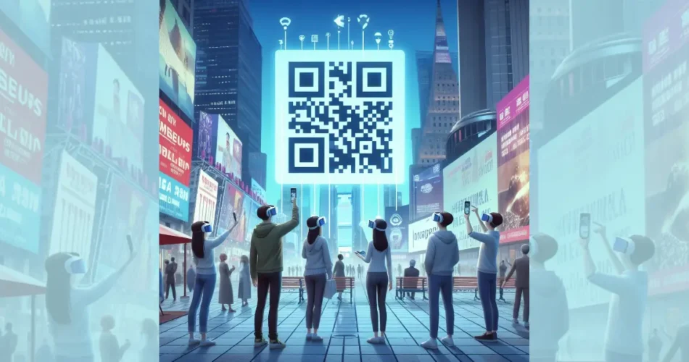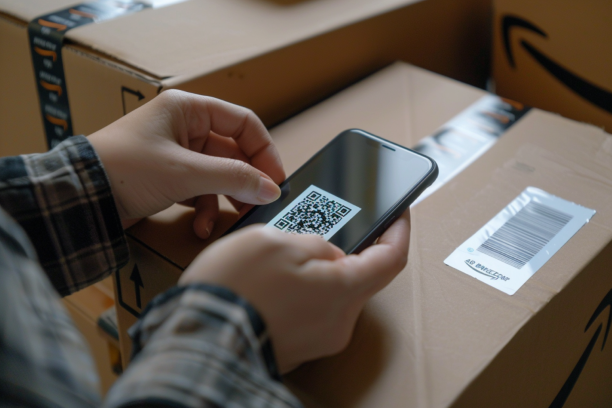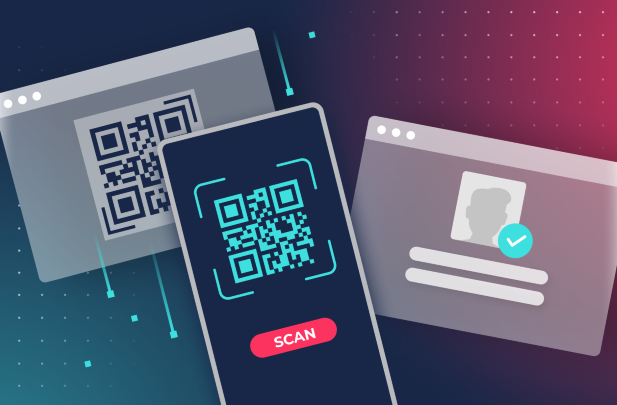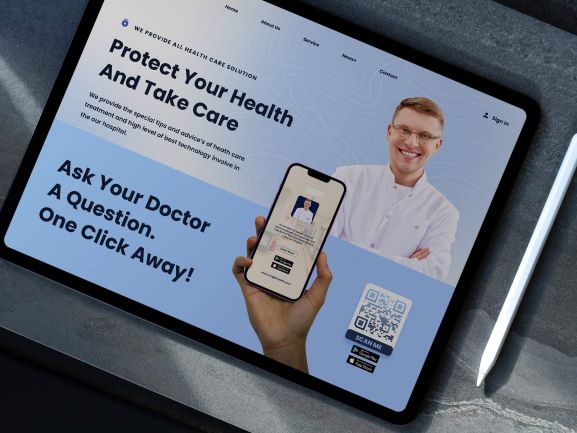
Service Category
QR Code Integration
QR (Quick Response) codes have emerged as one of the most versatile and efficient tools for bridging the physical and digital worlds. These two-dimensional barcodes can store a wide array of data types, from simple text to URLs, payment information, or app-specific commands. QR code integration refers to the process of embedding QR codes into business operations, marketing strategies, or digital platforms to enhance accessibility, interaction, and user convenience.
In today’s fast-paced digital ecosystem, QR code integration has gained prominence due to its simplicity, cost-effectiveness, and the growing ubiquity of smartphones capable of scanning these codes. Whether used for payments, marketing, authentication, or inventory management, QR codes streamline processes and improve user engagement.








.png)